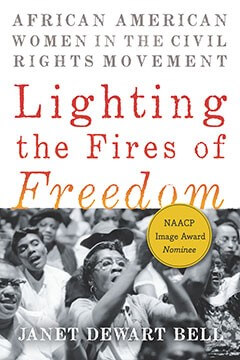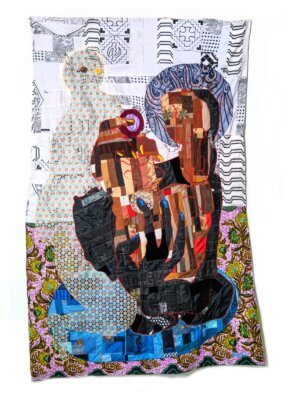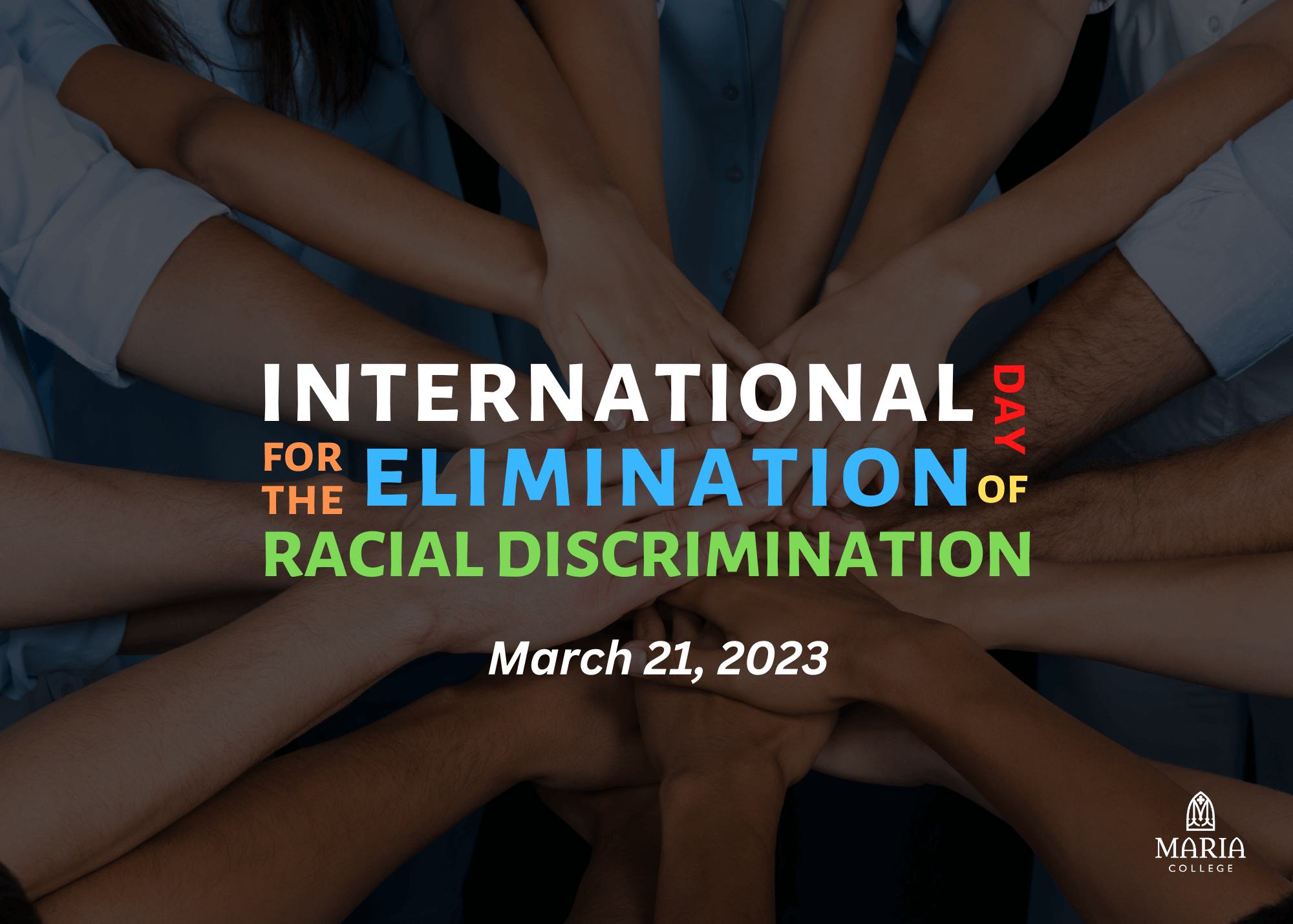“The arc of the moral universe is long, but it bends toward justice.”
–Dr. Martin Luther King Jr., “Remaining Awake Through a Great Revolution.” Speech given at the National Cathedral, March 31, 1968
Maria College was founded by the Sisters of Mercy in 1958, a time of tremendous social change in the United States. Just a few years earlier, in 1954, the Supreme Court voted unanimously in Brown v. Board of Education that public schools segregated by race were inherently unequal and violated the Equal Protection Clause of the 14th Amendment. It would take a few more years, until 1981, for the first woman to be appointed to the Supreme Court. The first woman elected governor of New York, Kathy Hochul, was sworn in just this January, in 2023. Sometimes it feels like the arc of the moral universe is very long.
Yet, it’s not hard to find narratives of people taking action working toward the common good even in the face of incredible resistance. In preparing to write this reflection, I learned about individuals and historic events I had never heard about before. “The adage – ‘never too old to learn’ – is a great comfort to me.” –Catherine McAuley
One person, highlighted in the book Lighting the Fires of Freedom: African American Women in the Civil Rights Movement by Janet Dewart Bell, is Dr. June Jackson Christmas:
One of the first African Americans to graduate from Vassar College, she championed the cause of interned Japanese Americans during World War II. As a trailblazing psychiatrist, she specialized in community mental health care, especially for low-income African Americans, and served as mental health commissioner for New York City under three mayors. With her husband, Walter Christmas, she waged a personal fight against housing discrimination that changed New York City law. During the Civil Rights Movement, she and her husband opened their New York City home to provide respite, as well as counseling and fundraising support, for civil rights workers from the South.

I learned about the Biloxi Beach Wade-Ins, from Sr. Mary Riordan, RSM, in her narrative about serving as a teacher through the Jim Crow era of legally sanctioned segregation in the U.S. Her narrative made me think of the many moments of nonviolent resistance that go unknown in history. Unknown to us, but known by God.

”Wade in the Water” Quilt by Basil Kincaid, 1986
The legal, social, and political changes that resulted from the civil rights movement stemmed in many ways from the social force of religion, specifically the belief in the sacred dignity of all human beings and an action-oriented belief in the power of hope and community. To believe is to act, to build, to teach, to create. In 1957, Rev. Dr. Martin Luther King stated that the goal of the Montgomery bus boycott was not just an action against segregation but an action toward “the creation of a beloved community.” In Pacem in Terris (Peace on Earth), Pope John XXIII says directly, “Daily is borne in on us the need to make the reality of social life conform better to the requirements of justice.” We are called to create a better world. Such work involves holding our organizations, including religious organizations, accountable for the ways they limit human rights, including rights for women, rights to medical care, sustenance, clothing, shelter, rest, a living wage, education, information, participation in government, and the freedom to move for a better life, among other human rights named in the 1963 encyclical.
In our ongoing commitment to the Critical Concerns of the Sisters of Mercy, we at Maria College commit ourselves to the practice of nonviolence and the ongoing work of recognizing and responding to racial injustice. Our mission at Maria College, “to foster graduates who recognize and respect the dignity of every human person and who will transform their knowledge and skill into caring and compassionate service to others,” comes from the recognition of the sacred value of all people and the assurance that a better world is possible.
Wade in. The water is deep, but the spirit moves over the face of the deep, and you are not alone. You are surrounded by a cloud of witnesses and God is with you. As it was in the beginning, is now, and ever shall be, Amen.
Tara Flanagan, Ph.D.
Maria College
Chief Mission Officer
Resources for Reflection:
Pacem in Terris: On Establishing Universal Peace in Truth, Justice, Charity, and Liberty
Mercy at the Selma March for Freedom
Commemorating the 1960’s Struggle for Civil Rights in Biloxi, Mississippi, by Sr. Mary Riordan, RSM
Overcoming Racism with Mercy: Two Black Sisters of Mercy Share Their Stories
A Mercy Kindness, Etched in Memory, by Mercy Associate Boreta Singleton
Celebrating the 50th Anniversary of Pacem in Terris
Open Wide Our Hearts: The Enduring Call to Love
“Wade in the Water,” Sweet Honey in the Rock
